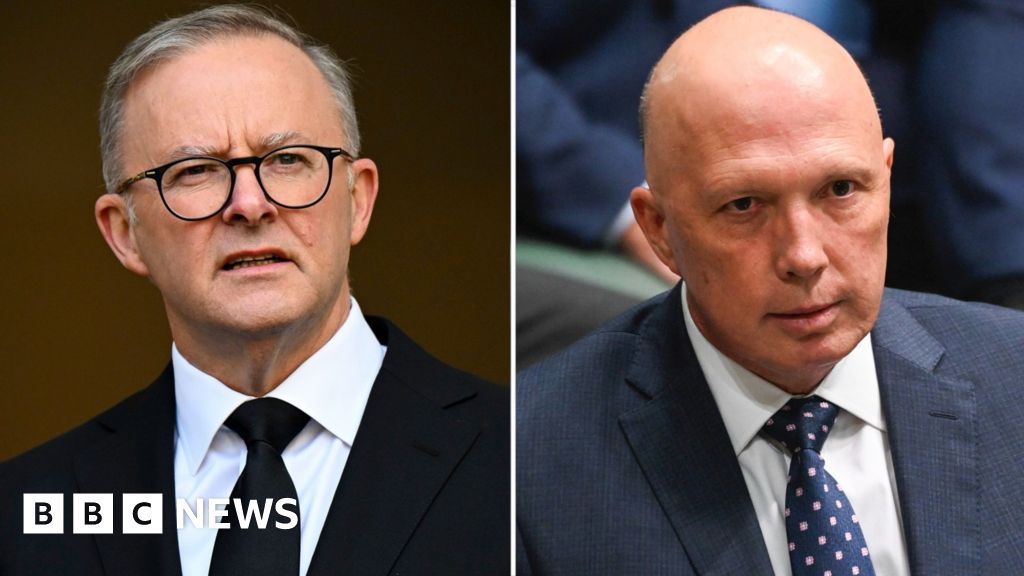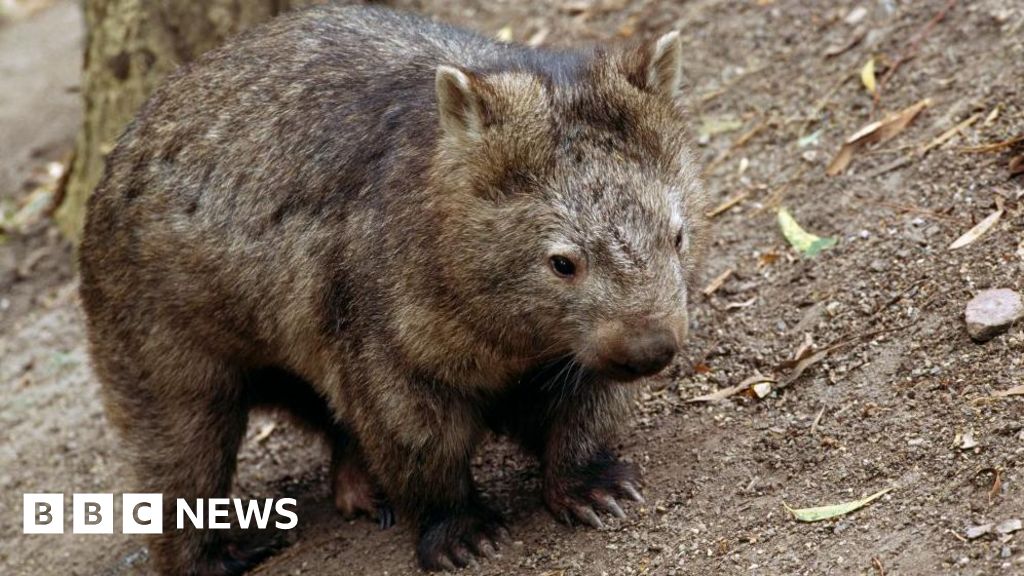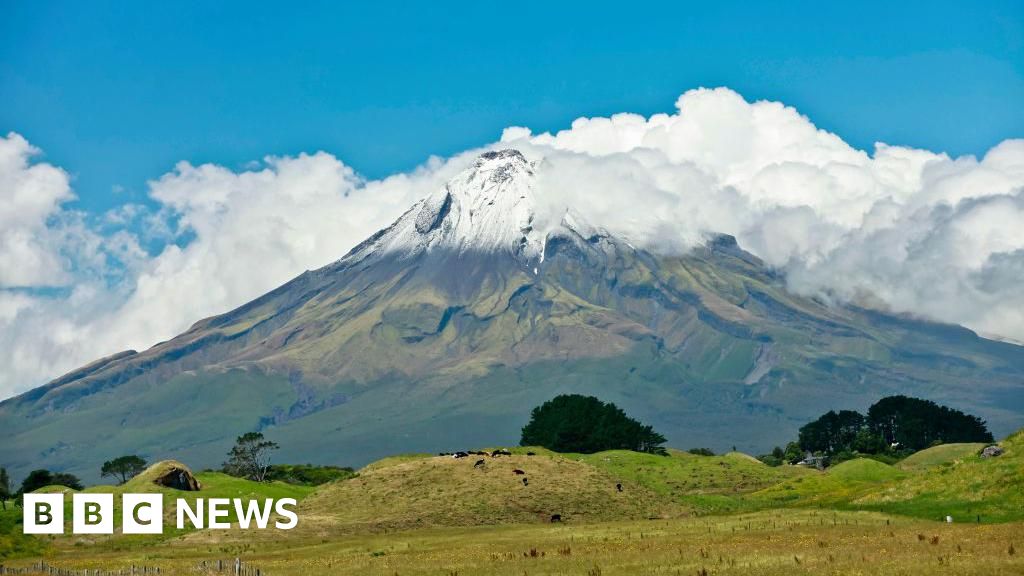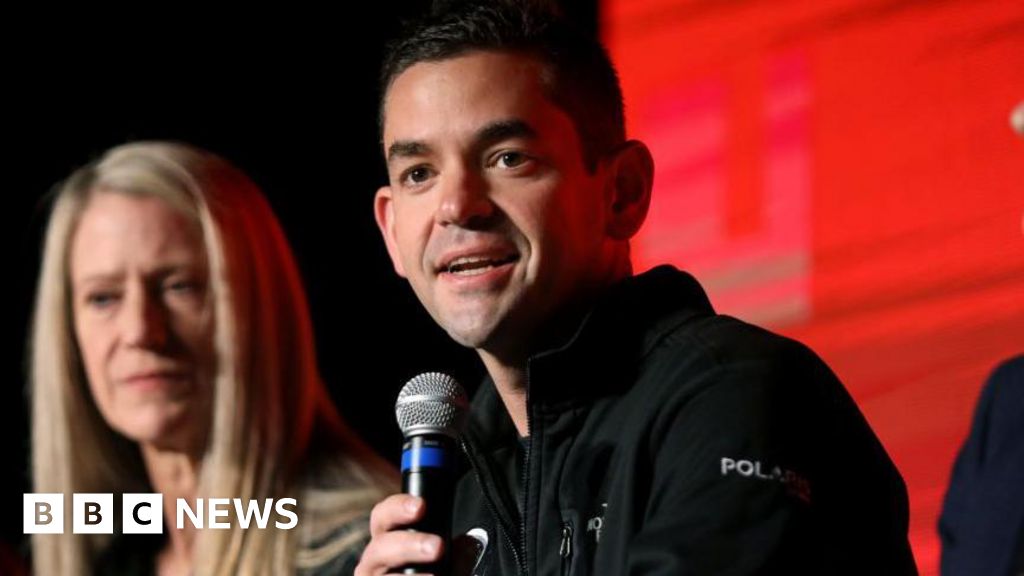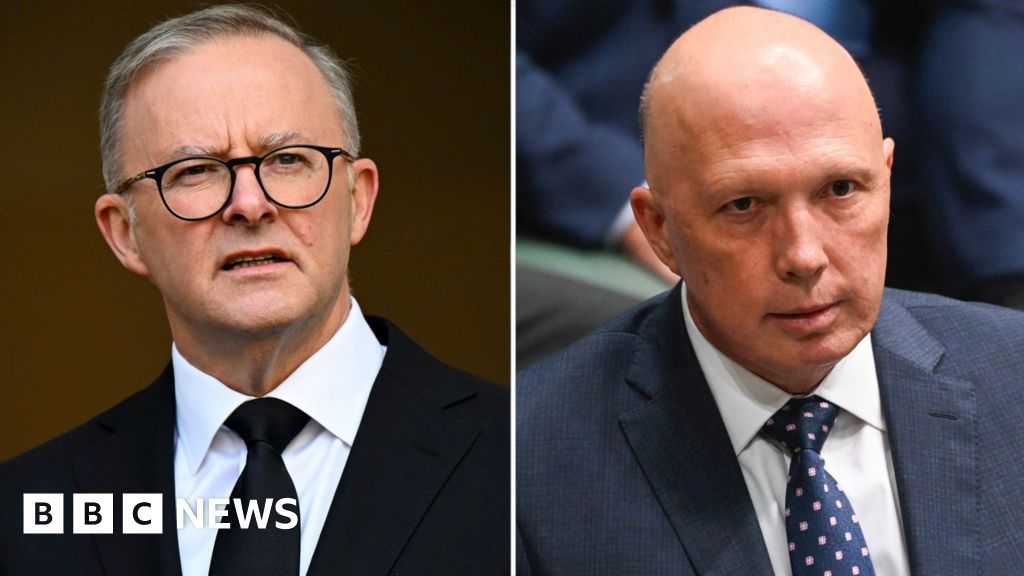
Australia will head to the polls for a federal election on 3 May, in what is predicted to be a tight race.
Prime Minister Anthony Albanese, whose Labor Party will be defending a small majority, announced the date from Parliament House on Friday.
Opinion polls predict a slim margin between the country’s two major parties, and the possibility either will have to work with independent MPs or minor parties – which combined won a record share of the vote at the last election – to form the next government.
The campaign is expected to be dominated by cost-of-living issues, and Labor is fighting to avoid becoming the first single-term government to lose an election in almost a century.
In a press conference on Friday morning, Albanese reiterated his pledge to address the cost of living – having already unveiled plans to provide more free healthcare, cut student debt and deliver small tax cuts. He argued that electing his rival Peter Dutton would be a step backwards for the country.
“It was always going to take more than three years to clean up 10 years of mess,” he said, referring to the previous coalition government he defeated at the last election in 2022.
Never has voters’ choice been more important, or more clear, he said: “This election is a choice between Labor’s plan to keep building or Peter Dutton’s promise to cut.”
Albanese said his campaign would be about “hope and optimism,” while Dutton’s would be “all about fear”.
The leader of the Liberal-National coalition, however, has said the country cannot afford three more years of a Labor government.
“The question Australians need to ask is: Is our country better off today than three years ago?” Dutton said at a press conference after the election was called.
“Because of Labor’s bad decisions, Australians are doing it tough and they need help.”
He argued his party would “get Australia back on track” by reining in “wasteful spending”, slimming down the public service, cutting immigration, and making fuel and energy cheaper.
The Greens, which last election won a record number of seats, said Australians should vote for them to keep Labor accountable on issues like the environment and housing.
“Minority government is coming. And with the major parties’ offering about as attractive as a dead fish, you can see why,” leader Adam Bandt said.
The affordability of housing and groceries is at the top of voters’ minds, as well as access to healthcare, though concern about managing record immigration and reducing crime is increasing significantly. Climate action – the feature of the last election – remains important to many Australians too.
Politics in Australia – where voting is compulsory for adults – is traditionally dominated by Labor and the Liberal-National coalition. Either party needs to win at least 76 of the 150 seats in the House of Representatives – where the prime minister sits – to form a majority government.
One of the country’s longest serving politicians, Albanese took power after long period of political instability, in which the country changed leader six times in only eight years.
He promised unity and integrity and – after a campaign marked by anger over Australia’s emissions reductions efforts – vowed to “end the climate wars”.
Albanese’s government enshrined into law a boosted emissions cut target, and introduced a mechanism that acts as a carbon cap for the country’s biggest emitters – though experts say more ambition is needed.
However, Albanese’s key goal of achieving constitutional recognition for Aboriginal and Torres Strait Islander people, and establishing a parliamentary advisory body for them, failed at a referendum in 2023.
And he has come under pressure over global economic conditions which have exacerbated cost-of-living pain in Australia – and played a part in the downfall of several incumbent governments around the world in the past year.
Last year, he came under fire after it emerged that he had bought a A$4.3m ($2.9m, £2.2m) cliff-top home amid a national housing crisis.
Australians have not ousted a government from Canberra after only a single term since 1931.
Dutton – who was a police officer in Queensland before he was elected – has more than 20 years in parliament under his belt, many of them spent as a senior minister handling key portfolios like health, immigration, defence and home affairs.
He built a reputation as a hard-line conservative best known for overseeing Australia’s controversial policies on asylum seekers, and his role in the downfall of former Prime Minister Malcolm Turnbull.
He has styled himself as a cultural warrior – opposing same sex marriage, diversity and inclusion initiatives and the Voice to Parliament referendum – but has in recent times tried to shake his tough public persona, which he says doesn’t accurately reflect who he is.
